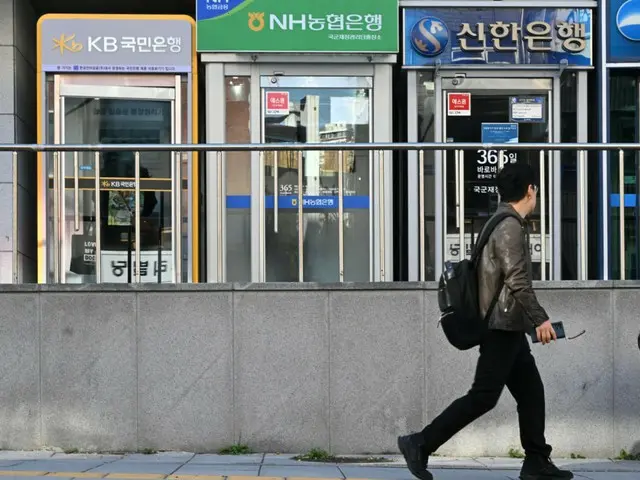It has been revealed that between August and July 2023, the amount of deposit withdrawals made in the name of the deceased amounted to approximately 700 billion won (approximately 78.1 billion yen). The number of non-face-to-face loan applications was also 49. The hospital is
This is an act that disrupts public order, and those involved will be severely punished." According to the inspection results, 1,065 accounts, 49 loans, and other transactions were opened in the names of deceased people at 17 domestic banks during the same period.
There were 6,698 incidents (account/certificate password changes, etc.). A total of 346,932 deposit withdrawals (688.1 billion won) were made at eight banks for which documents could be verified.
These transactions are primarily conducted between the date of the customer's death and the date on which the bank becomes aware of the customer's death (death registration date).
It was conducted using face-to-face channels. The hospital said, ``The cause of financial transactions in the name of the deceased is that family members, acquaintances, etc. used the name of the deceased without proper procedures for delegation.
It appears that during the (identity) verification process, it was difficult to completely confirm whether the holder was the person in question." For example, when using mobile banking, a copy of the deceased's ID card is required.
If you have a copy, you can confirm the person's real name, and family members can also use accounts in the name of the deceased. It is not impossible to apply for a loan if you have the deceased's mobile phone and the password for the certificate registered at the bank.
The hospital said, ``Financial transactions in the name of a deceased person can disrupt financial order and harm both consumers and banks.'' In particular, ``withdrawal of deposits in the name of a deceased person without proper procedures for delegation.''
``If you take out a loan or take out an EMBEZZLEMENT, you may be subject to punishment based on the relevant laws.'' In reality, he received a non-face-to-face loan of 30 million won using his brother's smartphone.
In one case, Mr. A, who received the EMBEZZLEMENT, was charged with computer fraud and sentenced to four months in prison, suspended for one year. Banks also recognized that real name verification was insufficient during the account opening process.
If they do so, they may be subject to sanctions for violating the Financial Real Name Act. The hospital plans to have banks conduct a self-inspection of how they manage financial transactions in the names of deceased people, and to strengthen management supervision.
The bank will continue to make systematic efforts to prevent fraud, such as introducing a facial recognition system when opening non-face-to-face accounts.
2024/02/05 05:58 KST
Copyrights(C) Herald wowkorea.jp 104

